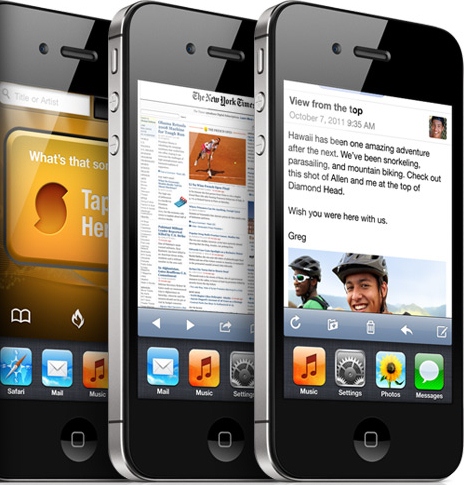
iPhone is unstoppable
Now there's a headline I never expected to write, particularly following "Android is unstoppable" nine months ago. But in the United States, at least, iPhone has nearly matched pace with Androids. Looks like the Apple apologists will get their day. After years of wrongly boasting iPhone's leadership over Androids, they might yet be right.
For the three months ending in February, 48 percent of Americans who recently bought a smartphone, chose Android -- 43 percent iPhone, according to Nielsen. Those numbers are up considerably for both, but iPhone surged to close the gap, following the release of the 4S in October. A year ago, 27 percent of new acquirers chose Android versus 10 percent for iPhone.
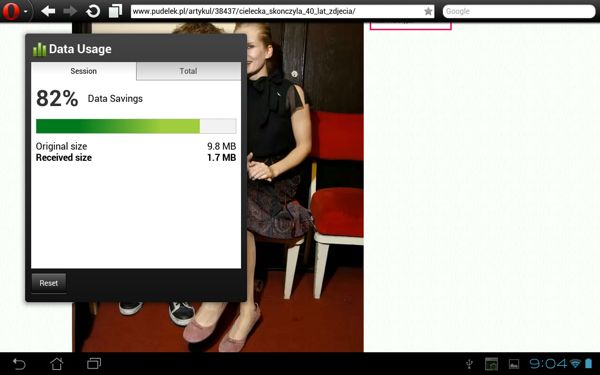
Opera Mini 7 launches for Android
Opera Software on Wednesday released the latest version of its compact Opera Mini browser for Android devices, which was heretofore available only as an Opera Next advance build.
Opera Mini 7 for Android features improved hardware acceleration for faster and smoother performance, and features the ability to set up the homescreen with an unlimited number of Speed Dial buttons.

Got Ice Cream Sandwich? Get Google Maps 6.5 for Android now
Google isn't waiting for the install base of Android users to move to Ice Cream Sandwich, not that carriers or handset manufacturers help much (if you're waiting for that upgrade from Gingerbread, you know what I mean). Today the search and information giant updated Google Maps for Android to version 6.5, packing in capabilities specific to version 4.x. Don't you feel cheated? I would.
Google offers the best to a minority of users, and small is too big a word to describe them. According to Google's official stats, as of March 5, Ice Cream Sandwich accounts for a mere 1.6 percent of Android devices. But, hey, many of these users are the bleeding edge of influencers Google should want to reach -- and keep enthusiastic.
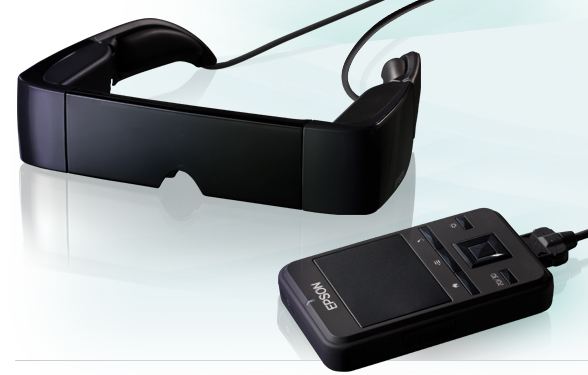
Epson's Android-powered display glasses: do want...don't know why
Proving that head-mounted displays aren't just PC peripherals, Japanese electronics company Epson on Wednesday launched the Moverio BT-100, the first self-contained, Android-powered head-mounted display.
The $699.99 unit include stereoscopic .52-inch (960×540) TFT LCD displays that create a perceived 80-inch display, which is powered by Android 2.2 touch navigation. Since you can't touch the actual screen without jabbing yourself in the eyeball, all touch interface activity is done through a handheld touch pad.

New Avira security tools come to Android and OS X
When it comes to security, it is fair to say that there is no shortage of apps to choose from. This is especially true for PC users, but anyone with a Mac or Android device now has new tools to add to the list of choices -- thanks to the most recent releases from security experts Avira. Both Avira Free Android Security and Avira Free Mac Security are, as you’ve no doubt determined, available free of charge, and both apps tackle security in different ways.
Avira Free Mac Security is very much what you would expect, offering protection against viruses and malware. This is an app that prides itself on the minimum of interaction that is needed from the user -- for the most part it will sit quietly in the background fending off threats as and when necessary. Definitions updates are made available frequently and the app does its job well. It is sign of a great piece of software when it is not necessary to think about the fact that it is installed.

Google, there's no good 'without doing evil'
When will someone stand up to the bully in the room? He roves around in intimidating manner boasting how kind he is. Hey, he can make friends without being evil. But bully is anything but good. That's how I feel about Google this fine Spring day.
Yesterday, "Google Play", the renamed Android Market, popped up on the black bar adorning my Google search page, with a beaconing red -- or is it orange -- "New". The service is now front and center with other Google services hawked from search, spotlighting an ongoing trend of aggressive integration that has rapidly accelerated under Larry Page's leadership. Microsoft spent nearly a decade under house arrest for doing less.
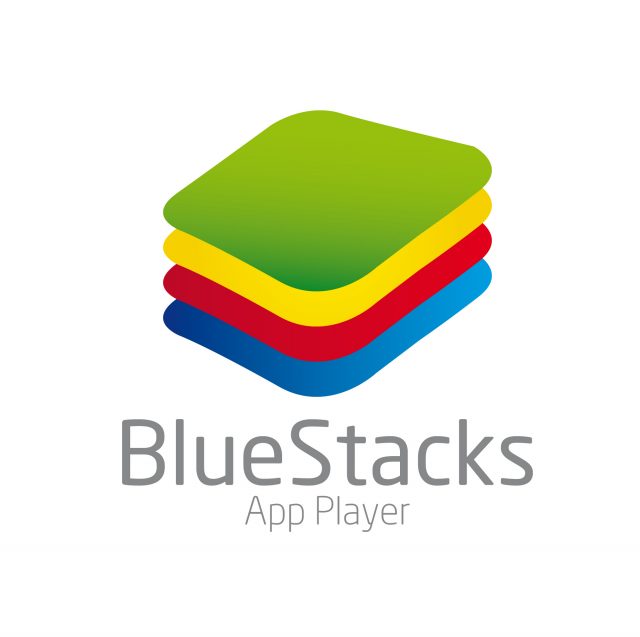
BlueStacks Android App Player for Windows launches in beta, adds major new features
After a little more than six months in Alpha, the BlueStacks Android App Player has officially been released in beta.
This environment lets users run Android applications on their Windows machine, and it translates the touch- and sensor-based inputs into mouse and keyboard gestures. With this beta release, BlueStacks has added support for accelerometer commands, pinch-to-zoom inputs, and most importantly, support for apps that utilize Android's NDK.

220 tablets for sale but you only want one
What's the saying about the rock that caused the avalanche? That might be the best analogy for iPad since its launch nearly two years ago. ABI Research says there are now 220 different tablets available globally -- the majority came after iPad. Judging by early new iPad sales, 3 million over the three-day launch weekend, many of you want just one.
But ABI says that will change, particularly as buyers in emerging markets scoop up smaller tablets. Surely that has to be good for Android and perhaps even Windows 8 someday.
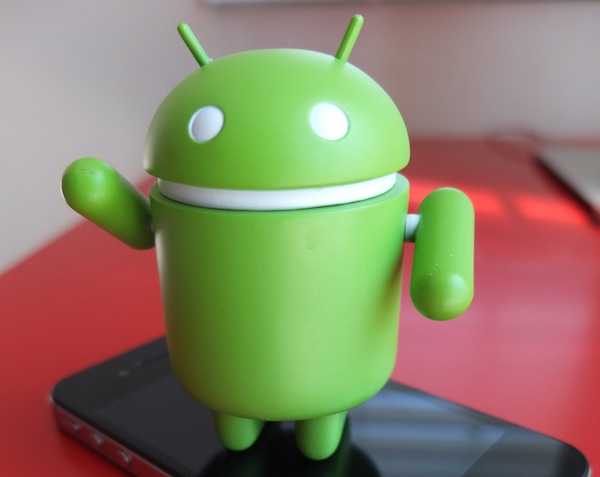
Switching from Android to iOS
Google’s Android and Apple’s iOS dominate the smartphone market with hoards of fans willing to fight tooth and nail for their platform of choice. What is it really like moving from one to the other? I found out.
I made the move from Android to an iPhone 4S over the weekend and reactions have, as expected, been mixed ranging from the disparaging “a downgrade” to “welcome to the club, you won’t regret it”.
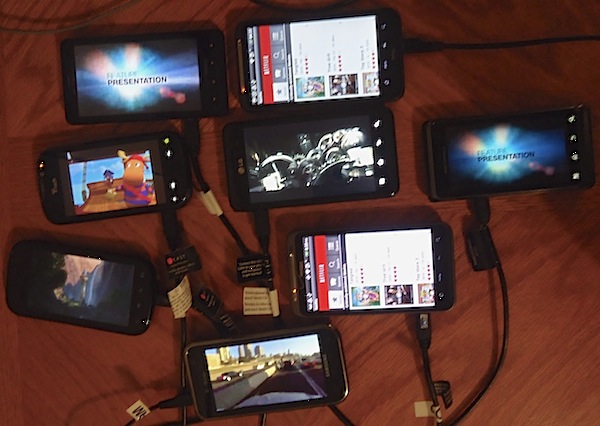
If your Android is one of 1,000, you can stream Netflix
Who says Android device diversity is bad for developers? There has been lots of blabbering on the InterWebs about fragmentation and how it hurts Android compared to iOS. Not at Netflix, which claims support for about 1,000 different Androids. Yowza!
Fragmentation is real. As of March 5th, 93.9 percent of the install base was on Android 2.x -- 62 percent on Gingerbread (v2.3.x) and 25.3 percent on Froyo (v2.2). Newest version, Ice Cream Sandwich (v4.x) accounts, for just 1.2 percent, and that's nearly six months after release.
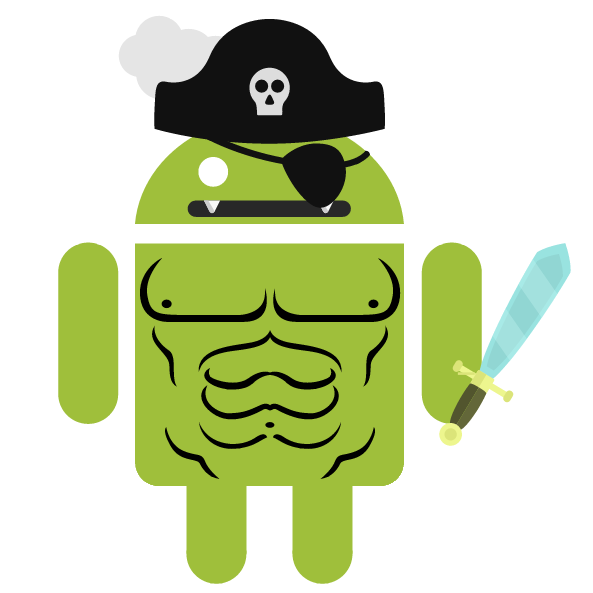
Android rules the world?
Analysts love to make predictions. It's a no-risk gambit, because the forecasts are years away and nobody remembers if they're wrong. After thrice predicting that Windows Phone would beat out Apple's iOS by 2015, IDC has another for the same year: Android media tablet shipments will exceed iPad. By that reckoning, the firm predicts that Google's mobile OS will dominate the two major cloud-connected -- post-PC, if you insist -- device categories (the other being smartphones).
"As the sole vendor shipping iOS products, Apple will remain dominant in terms of worldwide vendor unit shipments", Tom Mainelli, IDC research director, says. "However, the sheer number of vendors shipping low-priced, Android-based tablets means that Google's OS will overtake Apple's in terms of worldwide market share by 2015. We expect iOS to remain the revenue market share leader through the end of our 2016 forecast period and beyond".
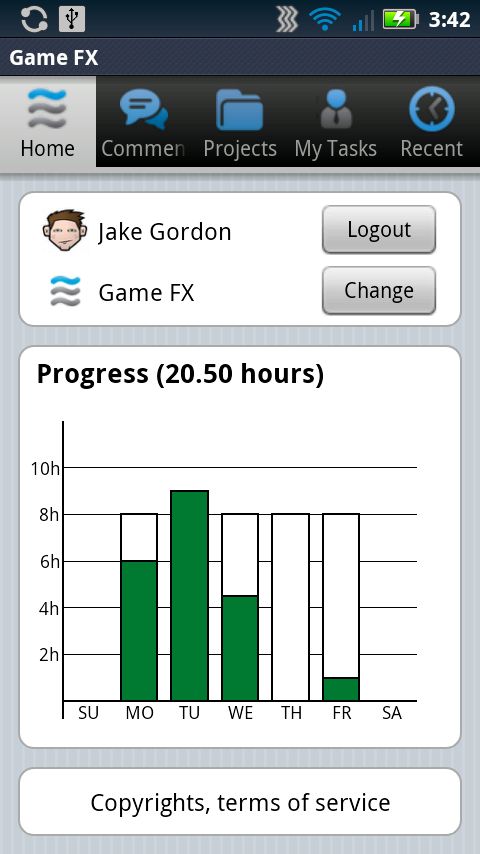
After long wait, LiquidPlanner releases project management app for Android
Project management software-as-a-service LiquidPlanner on Monday launched its first Android app after offering an application on iOS for more than two years.
"Internally we are jumping up and down about this latest release because it’s been such a long time coming," said Liz Pearce, LiquidPlanner's VP of sales and marketing. "We were so glad to finally get a chance to work on this because we are truly committed to making LiquidPlanner work for mobile."
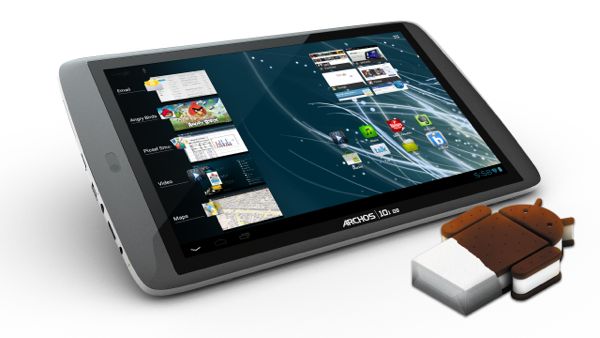
Archos G9 Android tablets (the ones with huge storage) get Ice Cream Sandwich upgrade
With the domination of Apple's iPad, the Android-based tablet market has lots of mid-range competition, with different companies jockeying for differentiation.
Archos has a pretty big line of Android-powered tablet products, and today the company announced its G9 family of Android tablets will begin receiving over-the-air upgrades to Android 4.0.3 "Ice Cream Sandwich" today. This line is easily differentiated from the pack of Android tablets because they can be outfitted with a 250GB HDD, giving them vastly more storage than most Android-powered tablets, which tend to utilize flash-based storage and max out at 64GB.
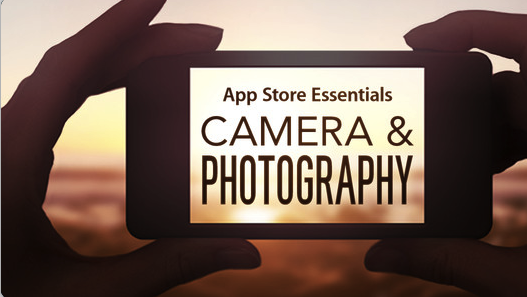
200,000 apps available for iPad
Apple now offers more than 550,000 mobile apps -- 200,000 specifically for iPad. CEO Tim Cook revealed the number today during a special event launching the third-generation iPad. Over the weekend, Apple's App Store reached a mighty milestone -- 25 billion downloads since opening nearly four years ago.
Yesterday, Google rebranded Android Market. What's in a name? In this case lots of foreshadowing that should give open-source developers the willies. Google Play puts the search and information giant's brand front and center, removing Android altogether. Everyone with vested interest in Android should reflect long and hard on what that means, particularly now that with the Motorola Mobility acquisition Google can build its own branded devices.
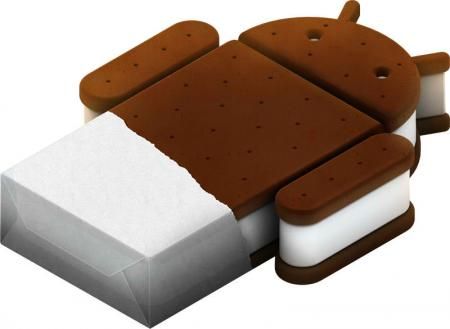
Verizon stiffs 3G Android owners
There's no Ice Cream Sandwich for you, baby. Verizon has announced the smartphones and other devices eligible to receive the sweet Android 4.0 dessert, and all but two are 4G LTE. That's right, if you're among the 95 percent of Verizon subscribers on 3G, and you've got Android, no upgrade is planned.
Only 5 percent of Verizon subscribers currently have LTE, even though the service is available to over 200 million in 196 metro areas. Verizon offers about two dozen LTE smartphones, tablets, netbooks and modems/mobile hotspots. Only 15 devices make the cut.
